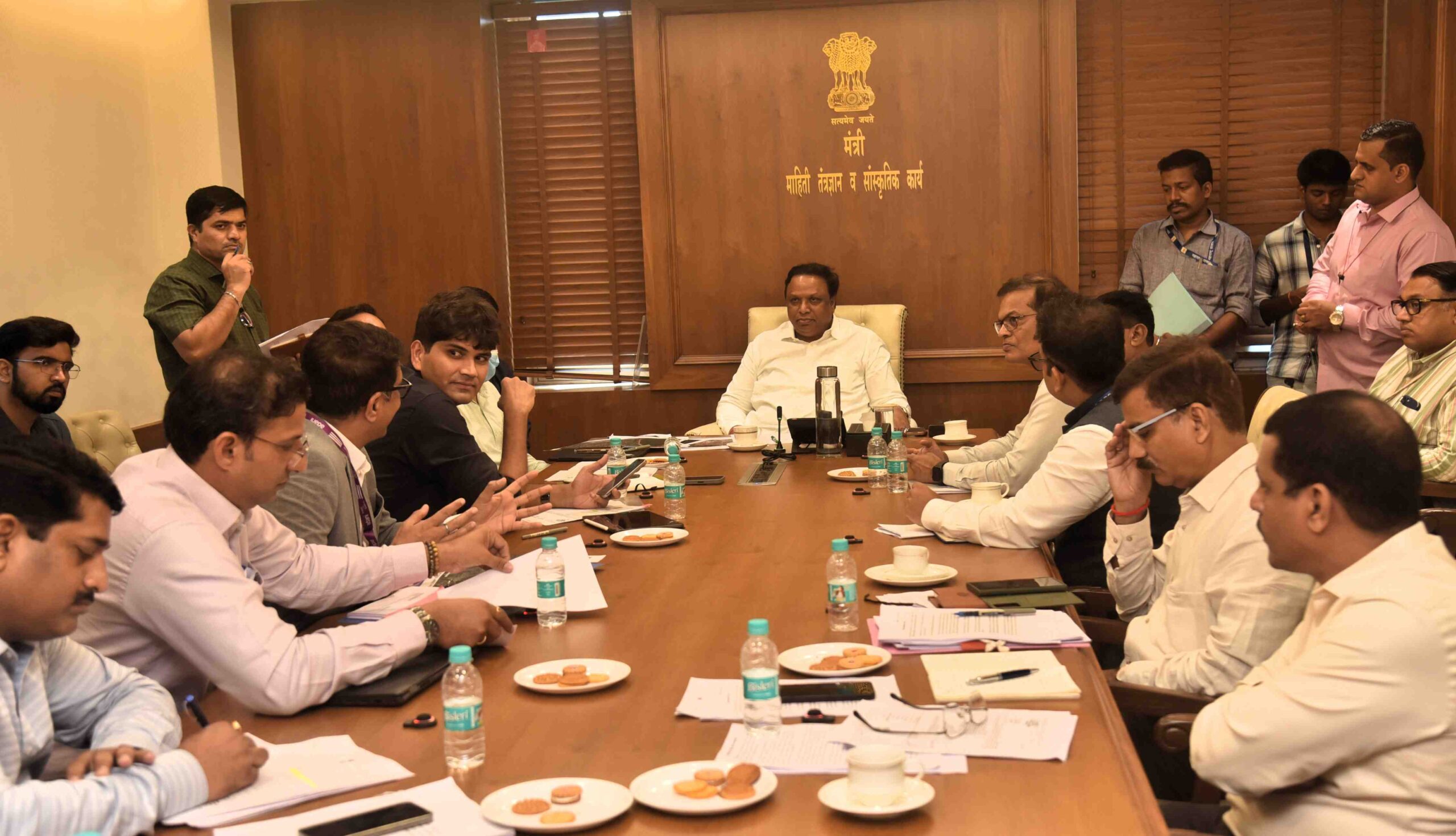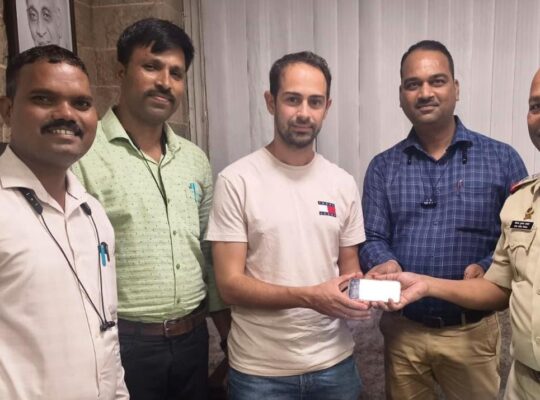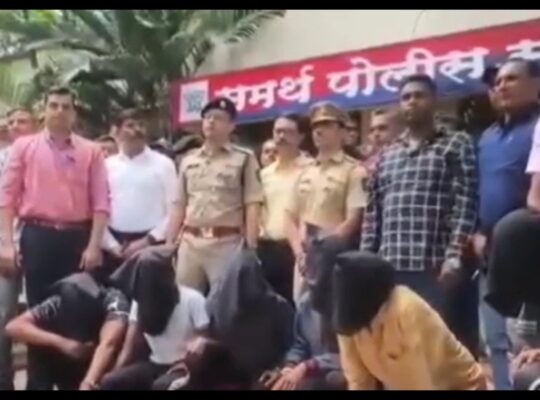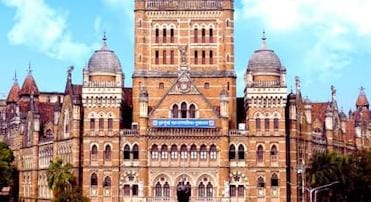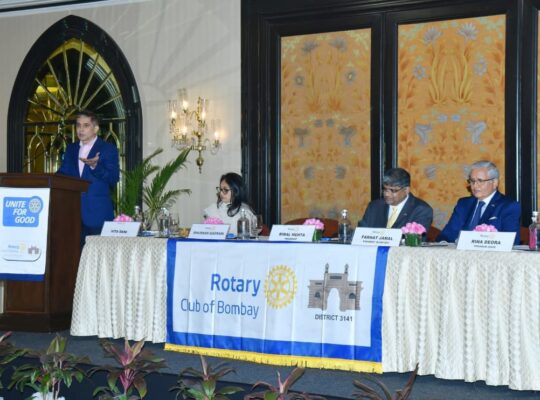Mumbai, June 25:- In a decisive step toward preserving Mumbai’s critical water bodies, Maharashtra’s Suburban Guardian Minister Ashish Shelar has directed the Brihanmumbai Municipal Corporation (BMC) to submit a detailed three-month action plan for the desilting of Powai, Tulsi, and Vihar lakes. The instruction came during a high-level review meeting at Mantralaya, attended by BMC Additional Commissioner Abhijit Bangar, Sanjay Gandhi National Park Conservator Anita Patil, and other senior officials.
The urgency of the initiative stems from this year’s unusually early overflow of Powai Lake, which occurred in June rather than the typical July. The incident raised red flags about the lack of timely desilting and the increasing pressure on the city’s water infrastructure. While BMC officials acknowledged the need for desilting, they also highlighted a more complex issue: the challenge of transporting and disposing of the extracted silt without causing ecological damage to aquatic life.
Commissioner Bangar shared that two tenders had already been floated to address sewage inflow into Powai Lake, and work is in progress on one of them. He also cited the involvement of environmental NGO MERI, which has conducted a comprehensive study of pollution levels in the lake. The situation is dire—around 18 million litres of untreated sewage are dumped into Powai Lake every day. The BMC is now planning to reroute sewage lines and establish a dedicated sewage treatment plant (STP) as a sustainable solution.
Regarding Tulsi Lake, coordination with SGNP officials has resulted in an agreement to allocate nearby land for silt dumping. A similar strategy is being developed for Vihar Lake, which is also due for systematic desilting in the coming months.
Minister Shelar emphasized that the BMC must conduct a thorough study on silt transportation and storage logistics to avoid delays. He further recommended exploring the use of Corporate Social Responsibility (CSR) funds to accelerate the desilting operations and ensure long-term preservation of Mumbai’s vital water sources.
The directive marks a significant policy shift towards proactive and ecologically responsible lake management, with the goal of improving water quality and availability in a rapidly urbanizing Mumbai.

